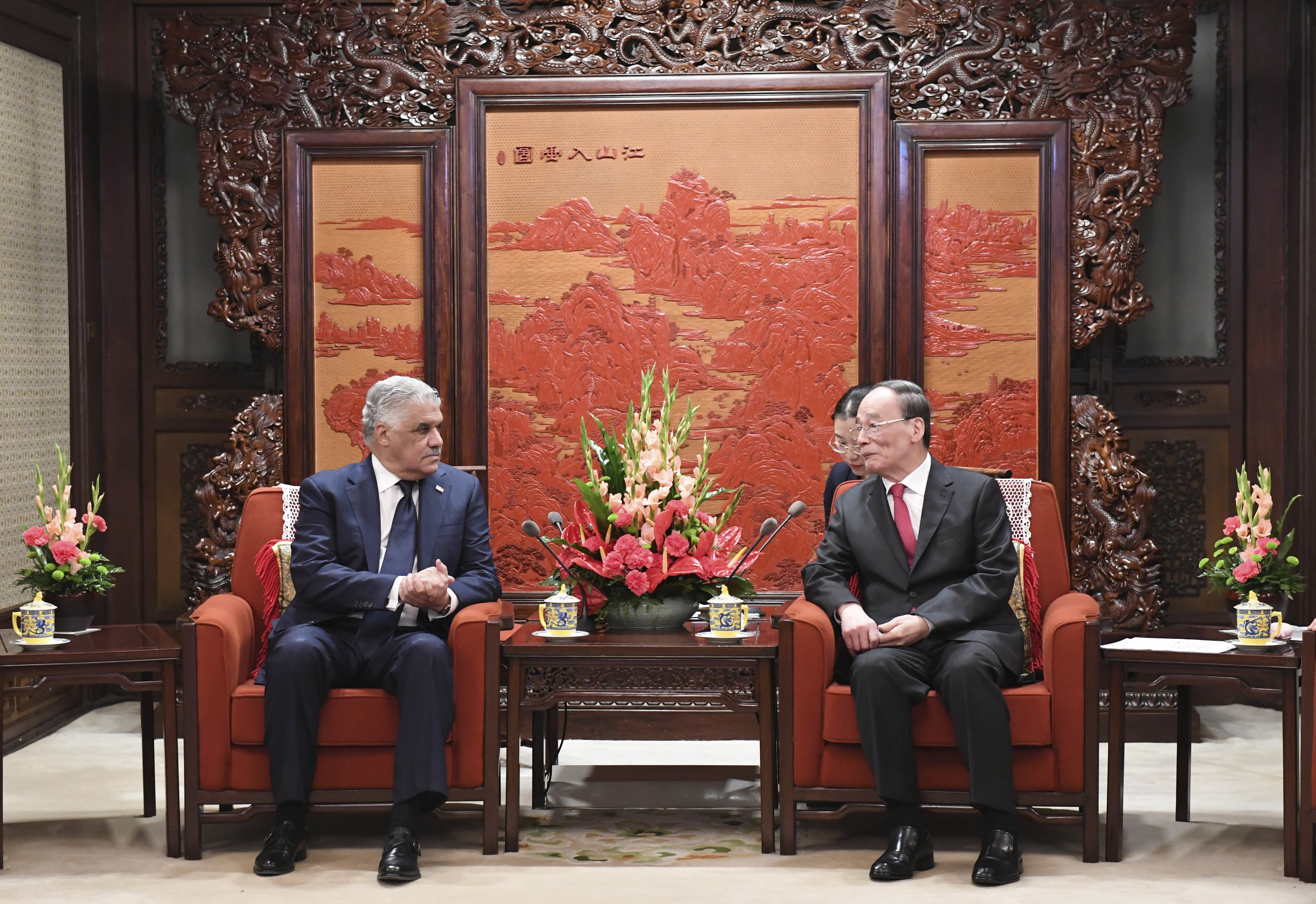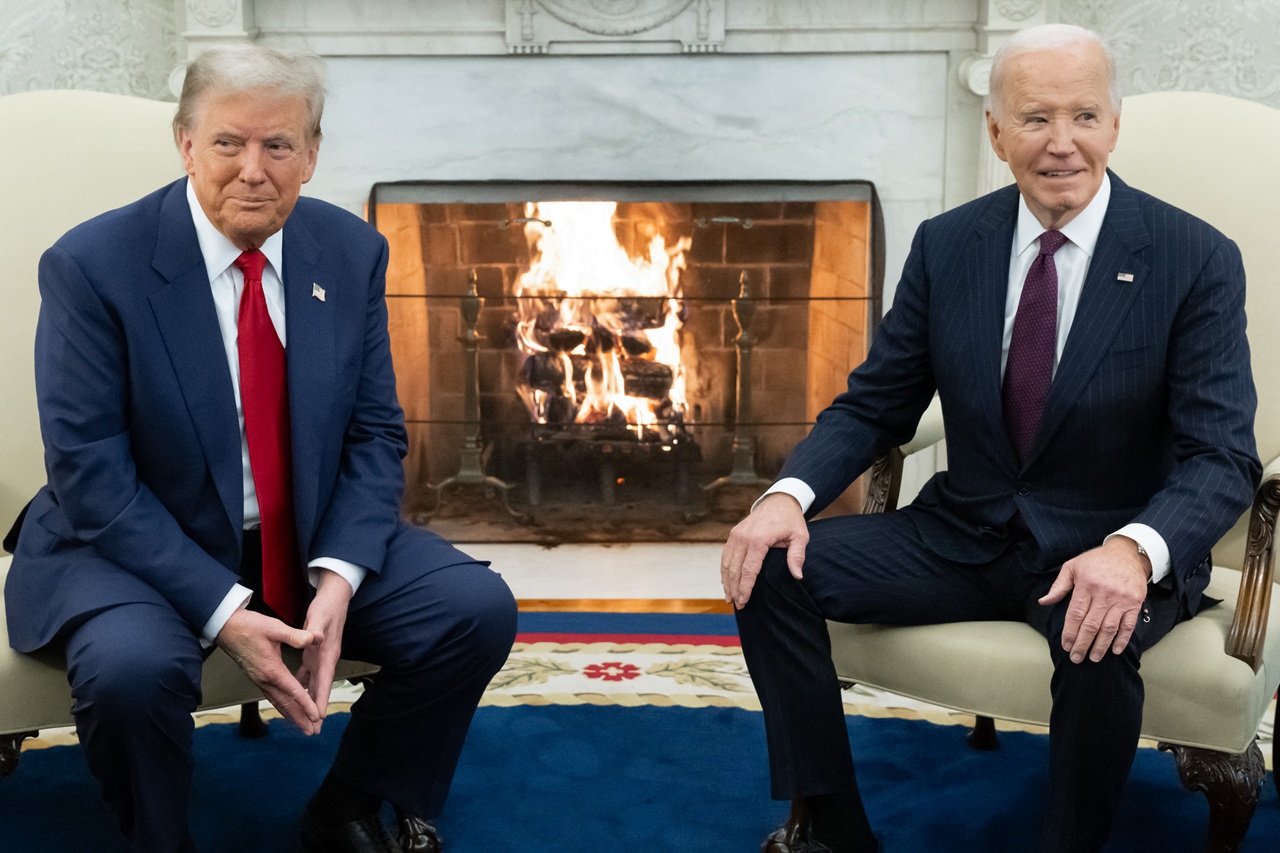
China's new ties with Dominican Republic
The establishment of diplomatic ties between China and the Dominican Republic, announced in Beijing on Tuesday, has strengthened China's position in Latin America and the Caribbean and weakened Taiwan's in the region.
The largest number of Taipei's diplomatic partners are located in that area, and the island's allies have now been reduced to just 19 internationally.
China's Foreign Minister Wang Yi and his Dominican counterpart Miguel Vargas signed the agreement to establish ties and announced the opening of embassies and immediate exchange of ambassadors on Tuesday at Beijing's Diaoyutai residential complex for diplomatic guests.
"A new strategic era begins, focused on contributing to the progress of our country," said Vargas, adding that he expected cooperation to grow in trade, investment, finance, tourism and education, among other sectors.
The Dominican Republic follows a trend started by other countries which have established ties with China to the exclusion of Taiwan, after Panama set up relations with Beijing in June 2017 and São Tomé and Príncipe in December 2016.
Economic opportunities created by ties with the second biggest economic power in the world is the main pull for these countries, which have to follow the "One China principle," and acknowledge Taiwan as an "inalienable part" of Chinese territory in the bargain.
Vargas said ties with China marked a step forward in a more assertive Dominican foreign policy and added that although the country already had a trade office in Beijing, formal ties would boost cooperation and are in line with national interests.
The Chinese foreign minister said the formation of ties offers unprecedented opportunities for the development of the Dominican Republic.
Wang highlighted that China's new diplomatically is the largest economy in Central America and the Caribbean and an influential regional actor.
CONTENIDO RELACIONADO
Taiwan's foreign minister Joseph Wu gave a simultaneous press conference in Taipei to announce the end of ties with the Dominican Republic to "preserve sovereignty and national dignity," and suspension of all cooperation and aid projects.
Wu said the loss of ties with the Caribbean country was due to China promising tax incentives, finance and aid to snatch away Taiwan's allies and warned that Beijing does not fulfill its promises and the countries get buried in debt.
The Taiwanese President Tsai Ing-wen said in a military ceremony that the country would not bow to Beijing's pressure, after learning of the break in ties.
Taiwan's remaining allies include 10 in Latin America, six in Oceania, two in Africa and the Vatican City in Europe.
Wu insisted that there were no immediate signs of a crisis, dismissing fears about relations with Haiti and the Vatican, which have shown signs of moving closer to Beijing.
In January, the foreign ministers of El Salvador, the Dominican Republic, and Haiti met Wang Yi during China's ministerial meeting with the Community of Latin American and Caribbean States, where the agreement announced on Tuesday could have been initiated.










DEJE UN COMENTARIO:
¡Únete a la discusión! Deja un comentario.